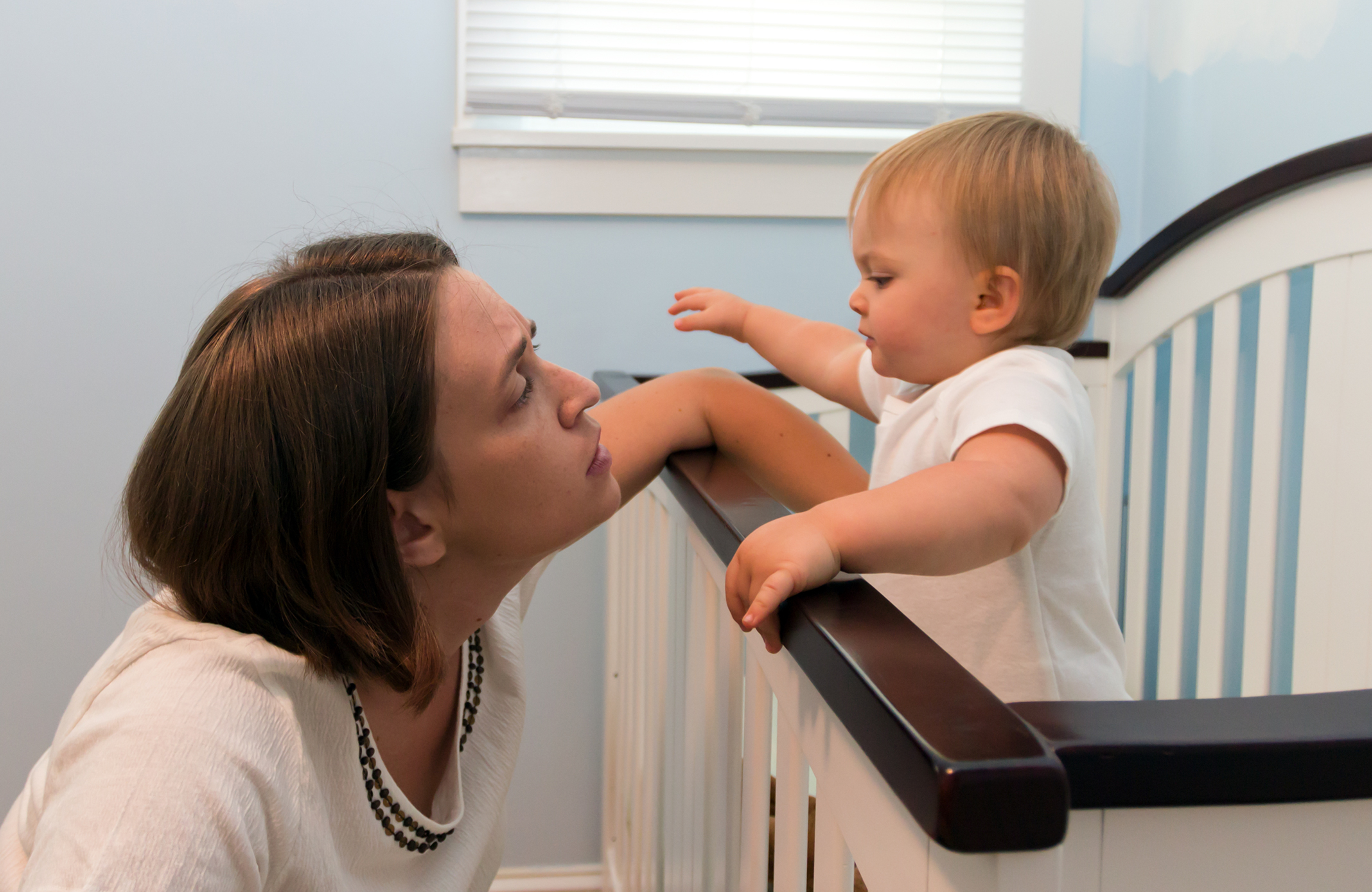
By Annie Nichols, MA, CCC-SLP
Annie Nichols is a practicing speech-language pathologist in Indiana. She works in the school setting in addition to working with private clients, mainly specializing in the area of augmentative and alternative communication.
“Well, I usually know what he wants…” “I think it would be too hard for her…”
“I want to wait and see what happens after trying regular speech therapy…”
AAC therapists hear these phrases a lot from parents and speech therapists. Working with very young children who have complex communication needs can be very difficult. You are dealing with many factors such as a child who still does not have a formal diagnosis, a lack of knowledge regarding prognosis, parents who may be in denial, etc. This makes for a treatment plan that can essentially be a shot in the dark since you may not know what lies ahead for this child. Unfortunately, the degrees we earned in college did not involve any classes regarding predicting the future so it is important that we focus on a total communication approach with all of our clients.
I completely agree that working on verbal language, especially with a child so young that you have no idea their potential for it, is vital! However, it is also vital to provide them a means to communicate while they work on those verbal skills. If you are an English speaker, imagine if I told you that you had to learn Spanish. Then imagine I told you that you were not allowed to use English at all even though you are still learning and can barely use any Spanish. I am also going to take away any drawing/writing utensils because little children can’t draw or write yet. Now think about the struggle these children are going through because they may have additional delays or difficulties with learning on top of their communication difficulties that may make verbal speech even more difficult or slower to obtain.
Providing children with an augmentative or alternative means of communication at a young age can reduce frustration for them and their communication partners. It provides them with a constant language model that research shows may lead to them learning more verbal speech earlier, and it gives them the power to help get their wants and needs met as well as comment about and interact with their environment. This is also a safety issue. What if a child with complex communication needs gets lost? At least with a communication book or device they would be able to tell someone who they are and who to contact.
With my youngest clients, I fully support therapy to address verbal output but at the same time, I set them up with a communication system they can use now.
This blog can be viewed in it’s entirety at the ADVANCE’s Speech and Hearing Perspectives blog
Stories and Strategies fo...
